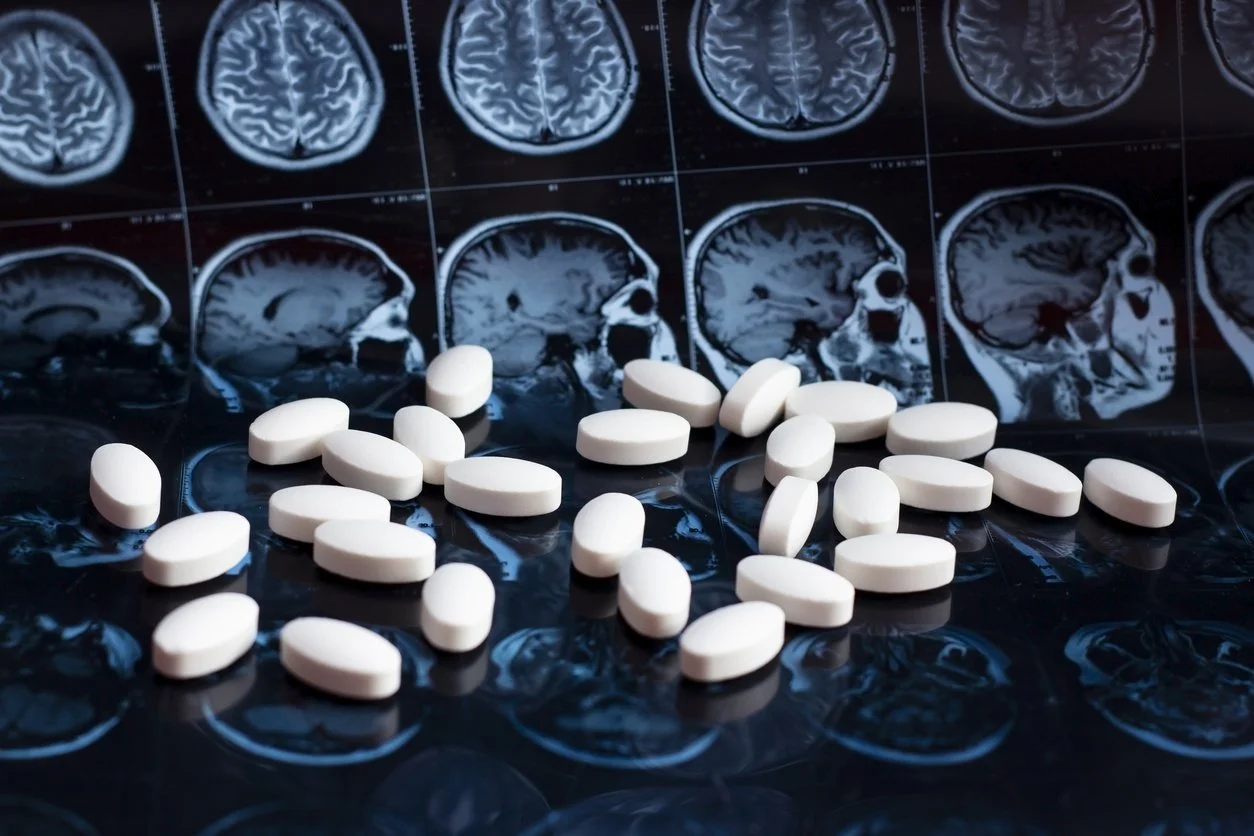Welcome to the May newsletter!
A New Alzheimer’s Treatment Method Is Touted as Improving Cognition
In the quest to treat Alzheimer’s disease, every so often, a new drug comes on the market whose maker claims it will offset or at least delay some of the illness’ most insidious effects. Among the most recent drugs is monoclonal antibody lecanemab, written up last November in the New England Journal of Medicine. The results from a study that included almost 1,800 participants were promising and yet still muted.
What Happens to the Brain in Alzheimer's Disease?
The healthy human brain contains tens of billions of neurons, which are specialized cells that process and transmit information via electrical and chemical signals. These cells send messages between different parts of the brain, and from the brain to the muscles and organs of the body. Alzheimer's disease disrupts this communication, resulting in widespread loss of brain function as many neurons stop working properly and eventually die.
List of Drugs Linked to Dementia
Dementia is a growing public health concern, affecting millions of people and their families. On Caring's 2025 senior mental health survey, developing dementia ranked as the 6th top anxiety and depression contributor out of 17 overall stressors. As of 2024, approximately 6.9 million Americans aged 65 and older are living with Alzheimer's dementia. This number is projected to nearly double by 2050.




